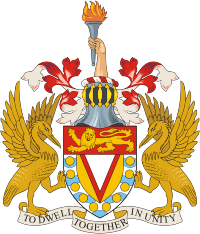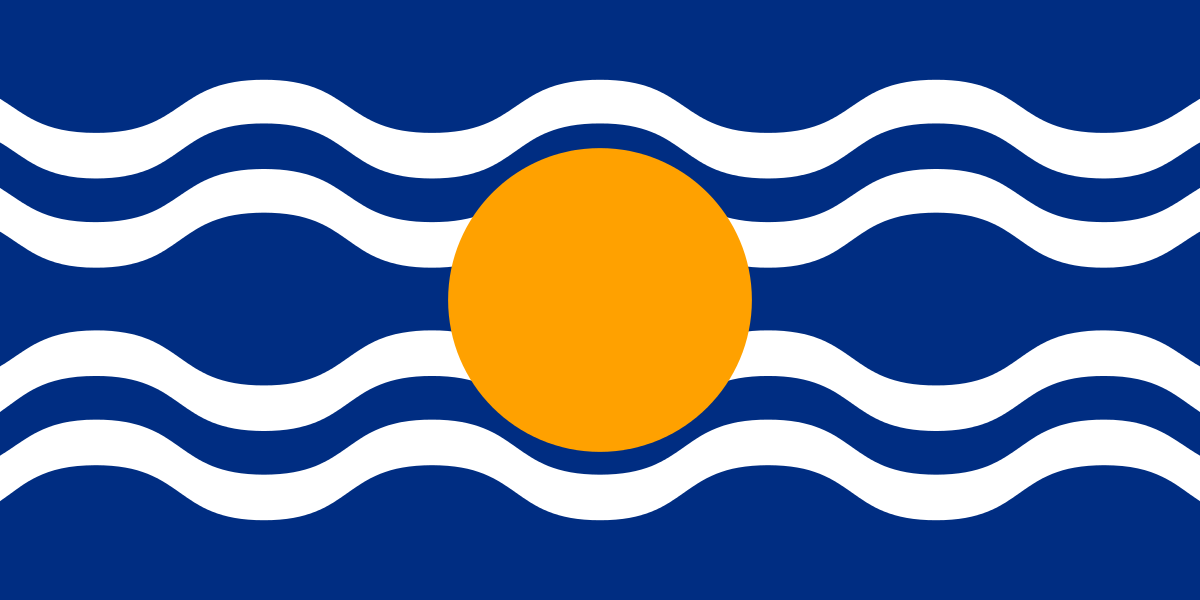A BRIEF HISTORY - Did Jamaica kill the Federation?
The Federation of the West Indies, was a short-lived political experiment that existed from the 3rd of January 1958 to the 31st of May 1962. Similar to today's European Union, various islands in the Caribbean that were colonies of the United Kingdom, including Trinidad and Tobago, Barbados, Jamaica, and those on the Leeward and Windward Islands, made up the Federation, with its capital in Port of Spain, Trinidad. The intention of the Federation was to create a political unit that would become self Govern and independent from Britain, as a single state.
Head of State was Queen Elizabeth II, represented by an Executive Governor-General, appointed by Britain. The Federal Parliament consisted of, Prime Minister Grantley Adams of Barbados, and a Cabinet, comprising Ten other elected Members. Its Anthem was " God Save the Queen"
Earlier in the federal negotiations the general opinion had been that the capital should be one of the smaller islands so that the capital would be in a neutral position to the larger territories. Grenada was originally selected as the member state to host the capital, but this was abandoned after protests from some of the parties involved and at the London Conference, the smaller islands were ruled out for consideration. Therefore Port of Spain served as the federal capital for the duration of the Federation's existence.
The Federation however faced several problems. These included: the governance and administrative structures imposed by the British; disagreements among the territories over policies, particularly with respect to taxation. (The Federation was not permitted to impose income tax for at least the first five years of its life) an unwillingness on the part of most Territorial Governments to give up power to the Federal Government, and the location of the Federal Capital. The Federation was to collapsed within Four years of its existence.
The decisive development, which led to the demise of the Federation was the withdrawal of Jamaica, the largest member in 1961, It also led to the now famous statement of Dr Eric Williams, the then Premier of Trinidad and Tobago that, one from ten leaves nought, insinuating that the Federation could not function without Jamaica. Attempts by Trinidad and Tobago and Barbados to salvage the federation after the withdrawal of Jamaica failed. Trinidad and Tobago bailed out from the Federal arrangement a short while later. Without Trinidad and Jamaica, the remaining "Little Eight" attempted to salvage some form of a West Indian Federation, this time Barbados was the central partner. However, these negotiations proved fruitless.
Without its two largest states, the Federation was doomed to financial insolvency. Barbados now refused to shoulder the financial burden, and Antigua and Grenada began toying with the idea of merging with Jamaica and Trinidad, respectively. The West Indies Federation was legally dissolved in 1962. The remaining "Little Eight" provinces once again became separate colonies supervised directly from London, most of which became independent later on
Many reasons have been given as to the demise of the federation. Truth be told, the West Indies Federation had an unusual structure. The geographic distance between the units, allowed each province to function as a separate economy, complete with tariffs, largely because the smaller provinces were afraid of being overwhelmed by the large islands’ economies. Also,complete freedom of movement within the Federation was not implemented, as the larger provinces were worried about mass migration from the smaller islands. Political feuds between the influential leaders, with the Federal Government did not help.
The initial federal budget was quite small, making it dependent upon grants from the United Kingdom, and from its member states. The combined budgets of Jamaica and Trinidad and Tobago were larger than the federal budget, leading to repeated requests for those states to provide greater financing to the federal government. These requests were not well received, as Jamaica and Trinidad and Tobago together already contributed 85 percent of the federal revenue.
However, the immediate catalyst for the demise of the Federation was Jamaica's discontent. There were a number of reasons for Jamaica’s dissatisfaction with the state of affairs: Jamaica was fairly remote from most of the other islands in the Federation, lying several hundred miles to the west and its share of the seats in the federal parliament was smaller than its share of the total population of the Federation. It was believed that the smaller islands were draining Jamaica’s wealth.
The most important reason for Jamaican dissatisfaction was the Federation’s continuing colonial status. Jamaica had joined the Federation because its leaders had believed that the West Indies would quickly be granted independence. Nearly three years after the formation of the Federation, this had not occurred, thus, many Jamaicans believed that the island could and should seek independence in its own right.
Final Tought
It is ironic how fortunes have turned for the so called larger and more powerful islands.
